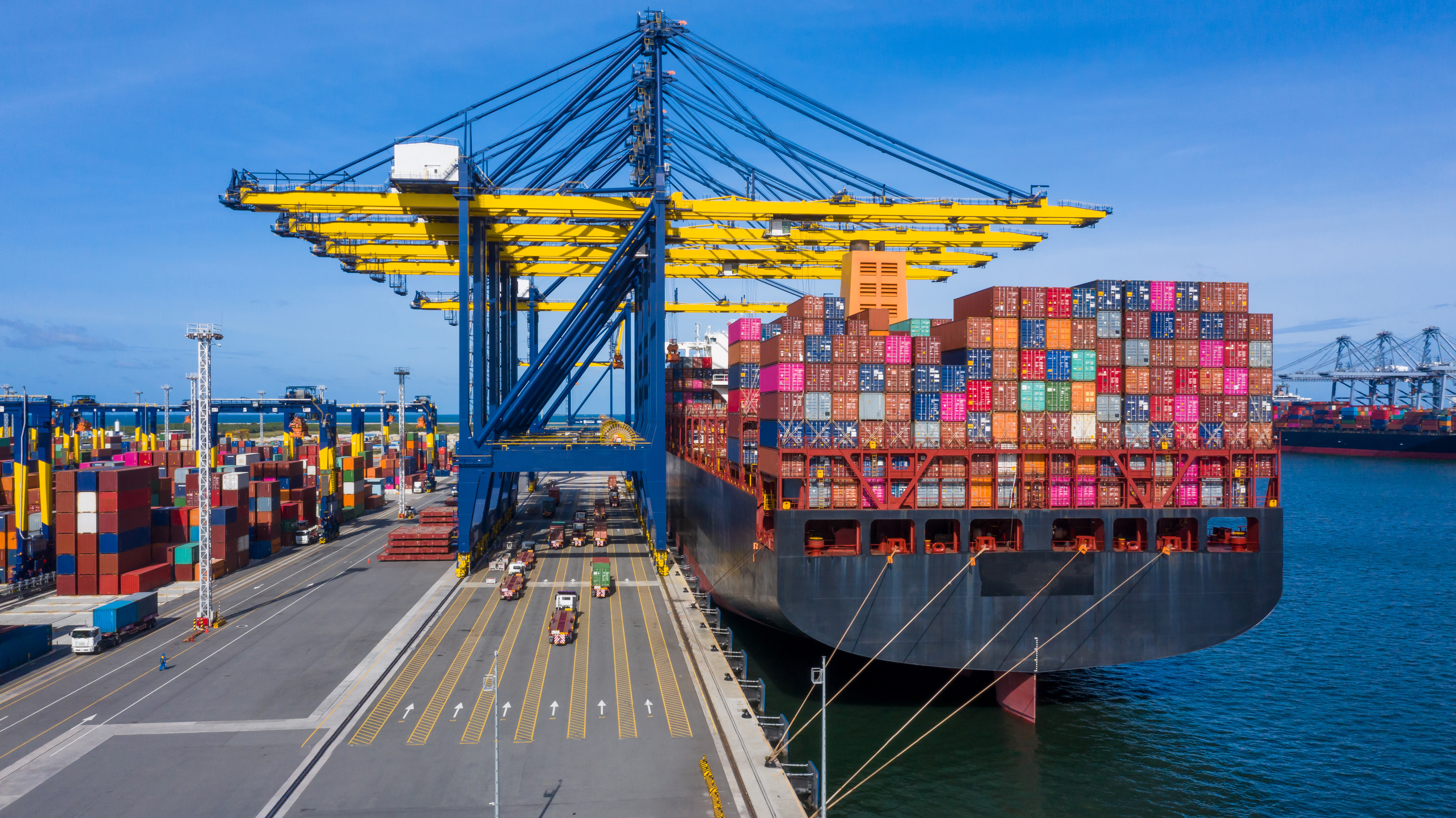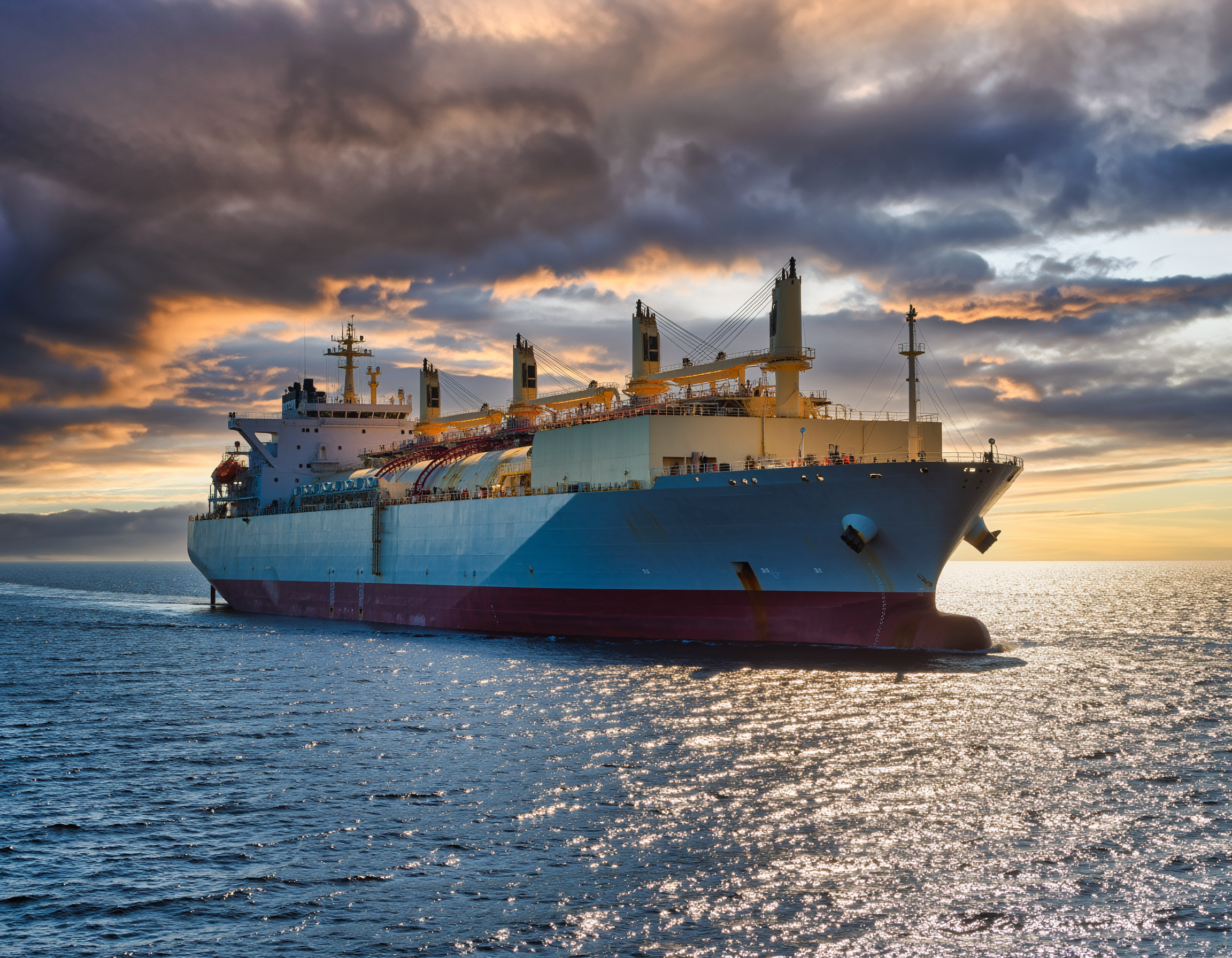As Myanmar resumes its place in the modern world, particularly the world of international commerce, its legal system will accept what all the civilized legal systems do accept. As commerce, including international commerce, starts to grow in Myanmar, there will be many cases in which a contract gives rise to a dispute between the parties to it. The question whether a Myanmar Court will or should adjudicate a contract dispute but if it does adjudicate, the rules which tell it whether to apply the domestic law of Myanmar, or the Myanmar rules of private international (which directs the court to the rules of a foreign legal system).
Precisely, the jurisdiction of a court in Myanmar over a party is defined by a statute, Civil Procedure Code. This makes Myanmar different from many common law jurisdictions.
In general, a claim based on a contract will give the court jurisdiction under Section 20(c) if the contract was made in Myanmar or broken (by act done, or by act not done but which ought to have been done, as the case may be) in Myanmar.
If the tort is a wrong to the person or to moveable property, then if the tort was committed in Myanmar, the court will have jurisdiction under Section 19. If the tort was not committed in Myanmar but damage resulted in Myanmar, the court will have jurisdiction under Section 20(c), because in a tort claim, damage is normally an essential part of the cause of action
However, the Indian Courts, whose jurisdictional rules are practically identical, have shown that these rules apply to cover international as well as purely internal cases and it is clear that Myanmar court would do likewise.
As far as limitation period is concerned, there are two ways in which this could be done and the approach of a Myanmar court to this general question depends on the way the time bar rule found in the law which governs the substance of the claim. The time bar rules of Myanmar are drafted in the Limitation Act 2007(1909 repealed), Section 3 (First Schedule)*.
Type of ActionLimitation Period
| Torts | 3 (Three) years from the cause of action accrued or the date on which the wrongful act caused loss/damage |
| Contract | 3 (Three) years when the contract is breached (breach of any contract, express/implied not in writing registered) 6 (Six) years (for breach of the contract in writing registered) |
| Personal Injury/Death Claims | 1 (One) year from the date of the injury/death of the person |
| Carriage of Goods by Sea | 1 (One) year after delivery of goods or the date when good should have been delivered |
The suit where no period of limitation is provided in the schedule, the limitation period is for 6 (six) years from the date when the right to sue accrues.
*In case where any special or local law prescribes for any suit, appeal of application a period of limitation different from the period prescribed therefore by the First Schedule, the provision of section 3 shall apply, for determining the period of limitation.
Furthermore, in the area of Maritime law, marine disputes are dealt with by Township Courts. The Burmese Courts do not apply the Limitation Convection. There are no records/examples of limitation fund having been established. Neither it is possible to limit for wreck removal or for oil pollution clean ups. However, the time bars are set for 3 (three) years each for oil pollution and wreck removal claims. These limits can be further extended.



![The Solomon Trader [2025] EWCA Civ 1387: The ‘pay to be paid’ rule affirmed in the Court of Appeal](/fileadmin/uploads/ukpandi/News_Images/AdobeStock_104743067.jpeg)
